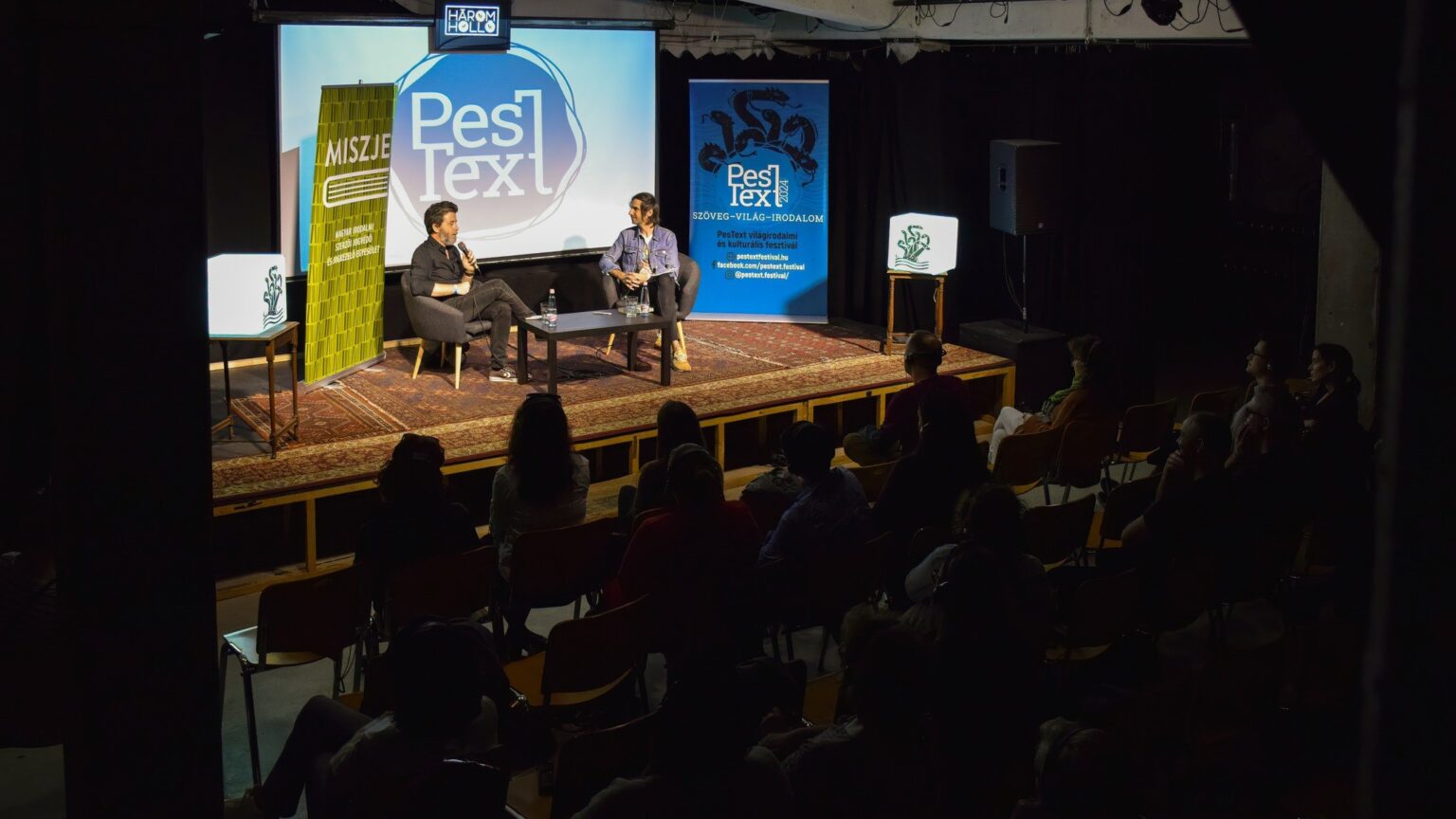
This autumn marks the sixth edition of the PesText International Literary and Cultural Festival, where audiences can meet key figures of contemporary world literature. The festival’s primary aim is to provide opportunities for foreign language authors and readers to meet, with special attention given to the literature of neighbouring countries, Eastern and Central Europe, and the Visegrád Four.

In order to ensure the high-quality execution of the project, a two-stage international design competition will be launched for the new exhibition building by the Debrecen Infrastructure Development Ltd on behalf of the city of Debrecen, inviting submissions from leading international and domestic architectural firms.

The exhibition, open until 24 November, showcases the role of traditional craftsmanship in contemporary visual art through over three hundred artefacts. The objects are displayed within both ethnographic and applied arts contexts, allowing for the parallel exploration of different perspectives.
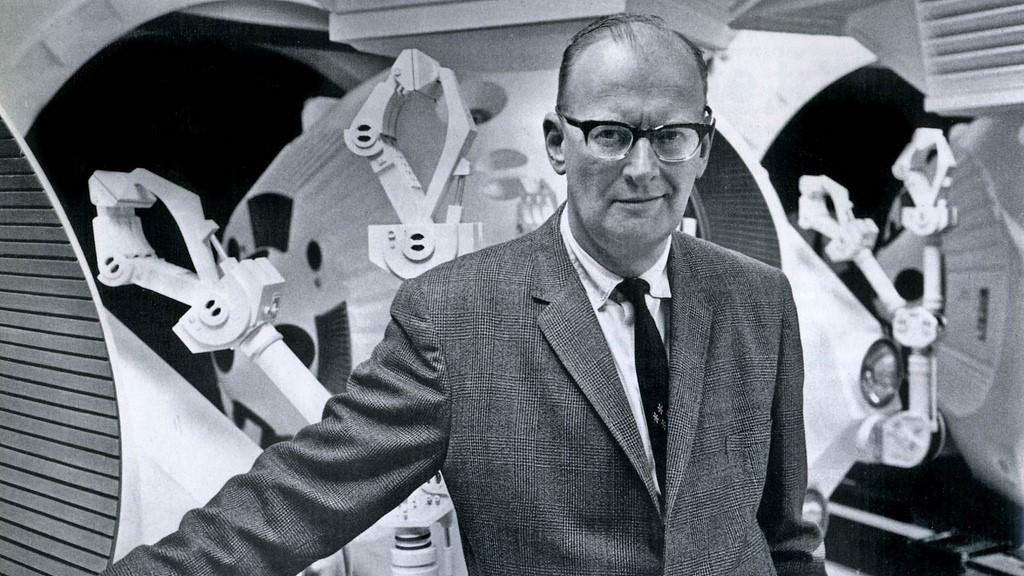
Accompanied by the music of Hungarian composer György Ligeti, 2001: A Space Odyssey explores the origins of human life, with the screenplay co-written by Arthur C. Clarke and Stanley Kubrick suggesting that extraterrestrial intelligence played a conscious role in human development.

After the 5–0 loss against Germany, the Hungarian football national team tied Bosnia and Herzegovina 0–0 in the UEFA Nations League. Nevertheless, Marco Rossi has been through rough periods with the team already, and has always managed to come back so far.

The OECD has published its Education at a Glance 2024 report, which examines the state of educational systems and the challenges they face in various countries up to 2023. The analyses are based on data from 2022 and 2023 for educational participation and 2021 for teacher salaries.

Out of the 38 bearings on the Kőröshegy Viaduct (each supporting 4,500 tonnes when in place), three had become significantly worn and needed to be replaced. The viaduct will be reopened to traffic in full width on Wednesday afternoon, five days earlier than planned, according to the Hungarian Concession Infrastructure Development Plc.
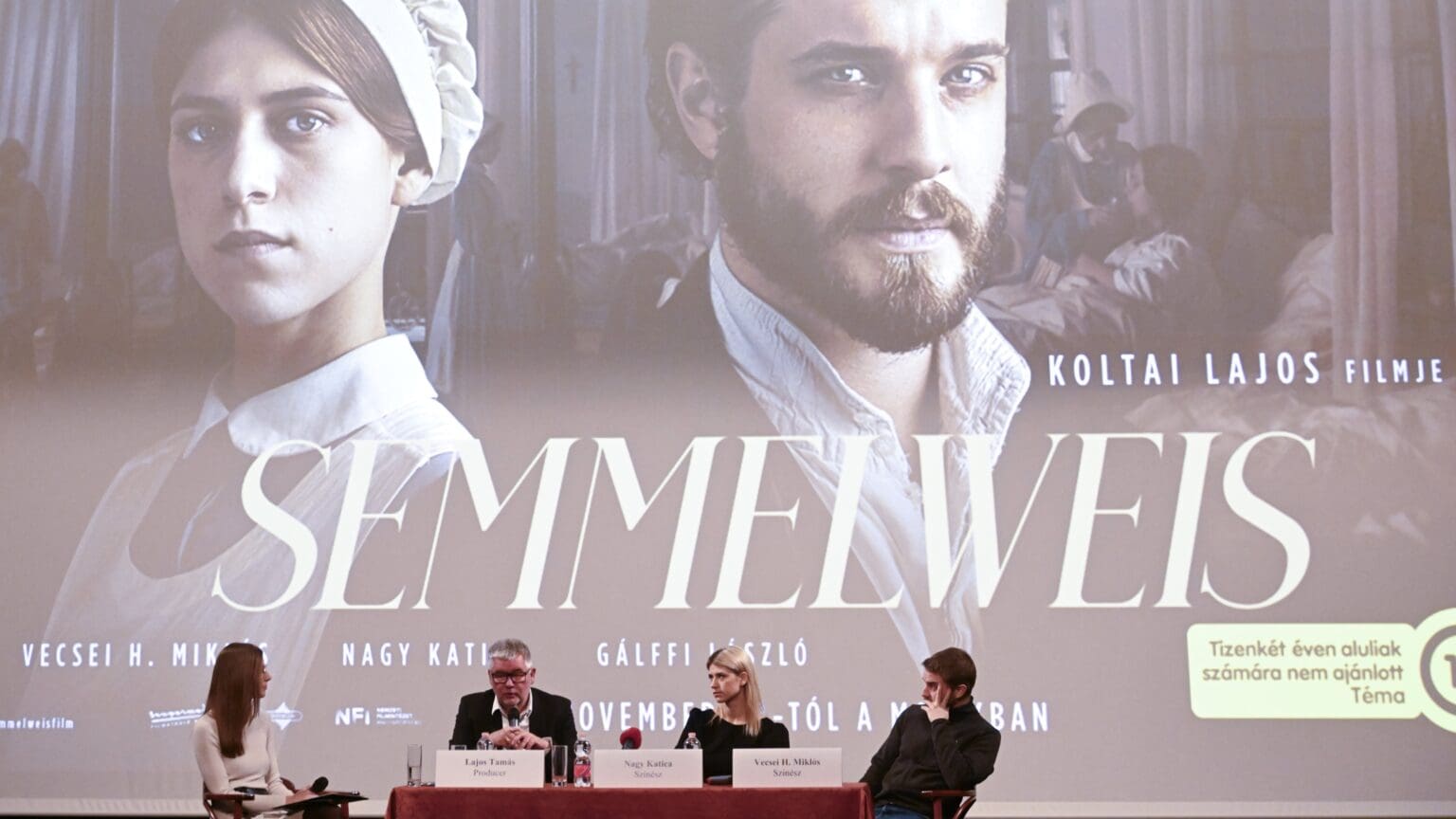
The film, which tells the story of the world-renowned Hungarian doctor Ignác Semmelweis, won the award for Best Film at the Toronto EU Film Festival based on audience votes. In Hungary approximately 350,000 people have seen the film drama, and its success continued on the largest streaming platform, according to the statement.
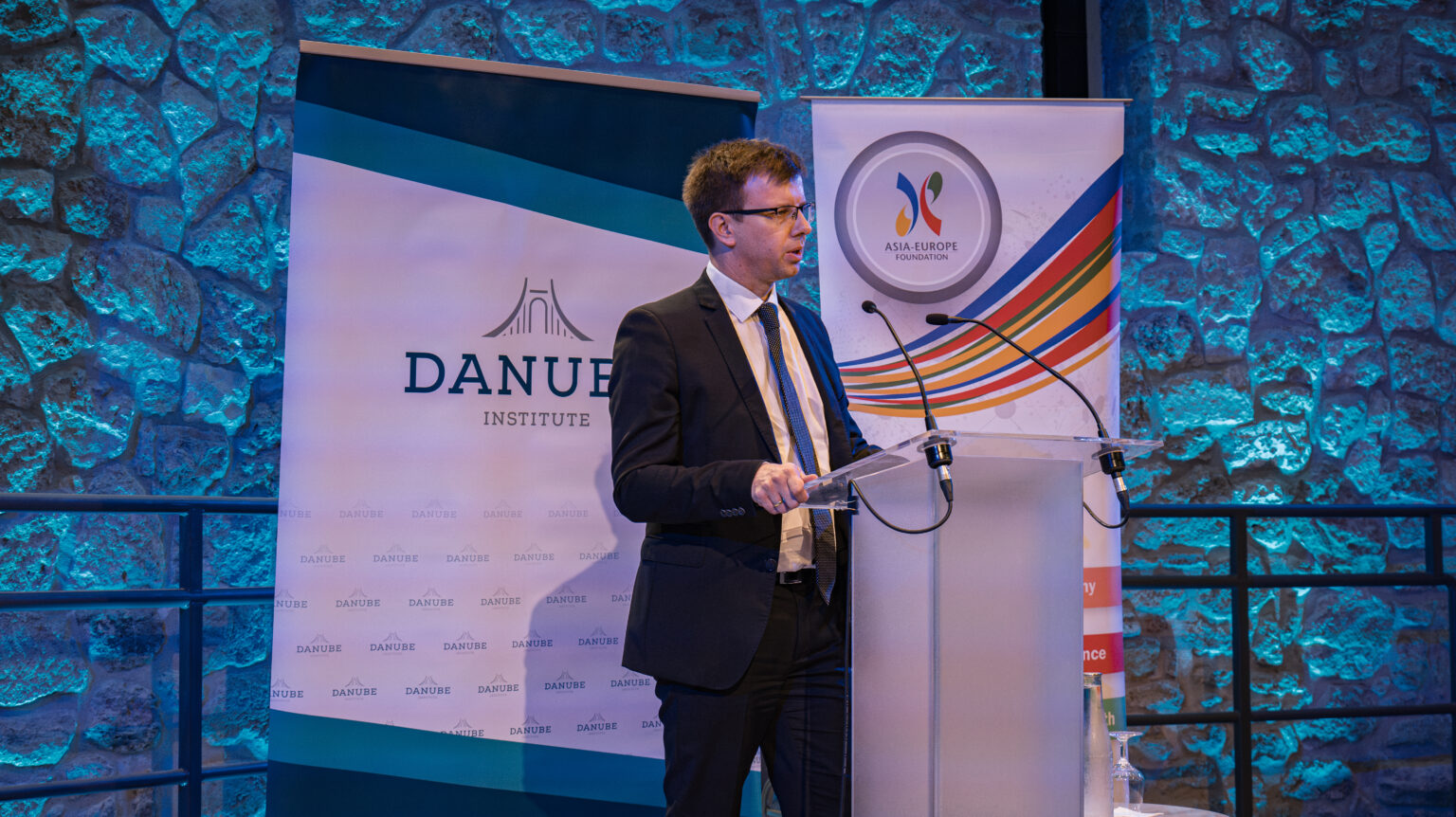
Hungarian EU Affairs Minister János Bóka gave a detailed presentation on the first day of the conference co-organized by the Danube Institute, outlining the key priorities of the Hungarian EU Presidency. Bóka highlighted an early success of the presidency, noting that while six months ago the importance of developing European competitiveness was rarely discussed, it has now become a central topic in the European political debate.

Co-organized by the Hungarian think tank Danube Institute, an international media seminar began on Tuesday in Budapest, focusing on the effective use of artificial intelligence in journalism. In his keynote speech, Hungarian State Secretary Zoltán Kovács pointed out that Europe could be the first continent to regulate AI, with the regulation potentially being introduced during Hungary’s EU Presidency.
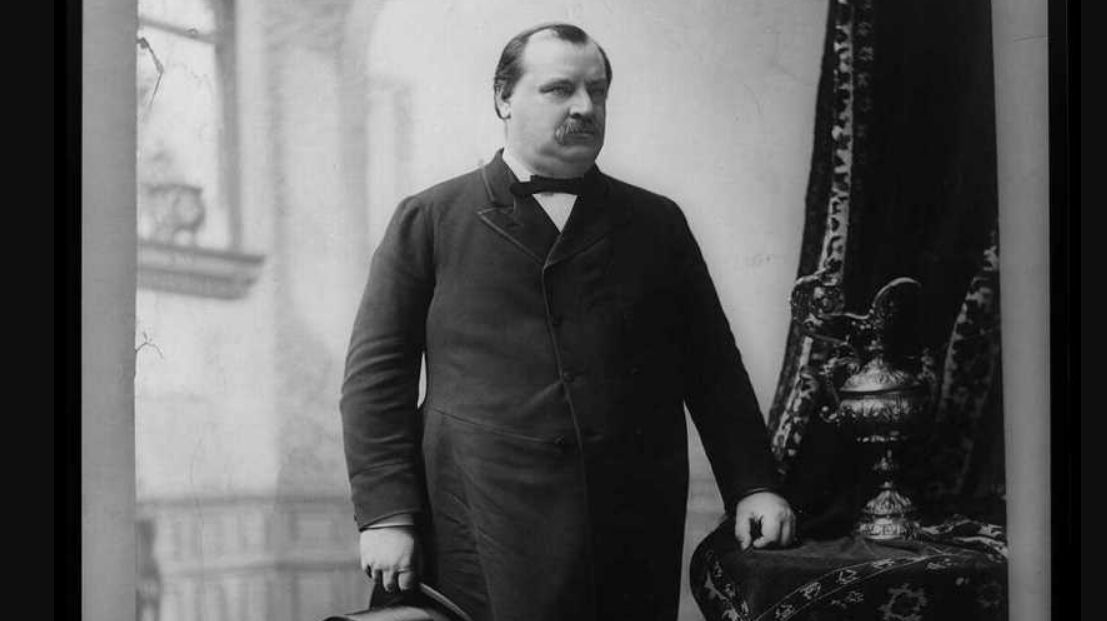
In 1892, Democrat Grover Cleveland became the first US President to achieve what Donald Trump is trying to do right now: win a second, non-consecutive term in the White House. The same year, one of the most successful third parties in American history, the Populists also emerged on the national scene.

Researcher at the HUN-REN Centre for Astronomy and Earth Sciences Krisztián Sárneczky was elected one of the newest honorary members of the International Astronomical Union. In addition to his work in popularizing science, he has recently achieved outstanding results in the field of planetary defence as well.

Much to the disappointment of their fans, the Hungarian national football team suffered a 5–0 defeat to Germany in the first round of the UEFA Nations League in Düsseldorf on Saturday. Both national team captain Marco Rossi and star midfielder Dominik Szoboszlai emphasized that a win in Tuesday’s game against Bosnia is the only acceptable outcome to put the shame of Saturday’s defeat behind them.

Former President János Áder, joined by infectious diseases specialist János Szlávik, discussed the importance of vaccinations in preventing serious infections such as severe COVID-19, whooping cough, and measles in the latest episode of the Blue Planet podcast.

One of the 21st century’s greatest scientific questions is whether humans have free will. This year’s Brain Bar will give special attention to this topic, with notable guest speakers such as Avi Loeb, Gerard Barron, and Lars Chittka.
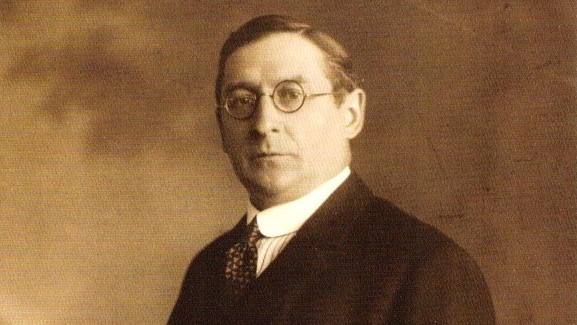
‘Klebelsberg believed that “today it is not the sword but culture that can keep the Hungarian homeland alive and make it great again”, and he considered it important not only to educate the Hungarian elite but also to develop the education of the people. Legislation published in 1926 provided for the construction of 3,500 new classrooms and 1,750 teachers’ dwellings, in the following order: first, in isolated rural districts without schools, then in villages without schools, and finally in overcrowded urban schools.’
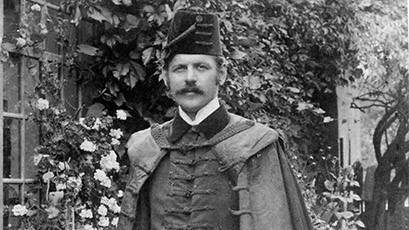
The question of what kind of apparel Reformed ministers should wear was still not fully resolved by the beginning of the 20th century. A weekly titled Lelkészegyesület (Clergy Association), launched in 1908, dedicated twenty-five articles, announcements, appeals, and comments to this topic in its first issue.

Central and Eastern Europe’s largest artificial intelligence conference will be held in Budapest at the House of Music on 9–10 September. As part of the event series in City Park, not only will the House of Music take centre stage, but the internationally renowned Museum of Ethnography will also host the Media Future stage.

Swimmer Zsófia Konkoly won her second gold medal at the 2024 Paralympics yesterday; while long jumper Luca Ekler defended her title and won another gold in her event after the Tokyo games in 2021. The Hungarian para-athletes also earned a silver in fencing, as well as a bronze in swimming and table tennis respectively.

The series is a monumental historical drama that portrays the life, love, and battles of János Hunyadi, the legendary 15th century Hungarian military leader, offering a glimpse into the political landscape of Europe at the time. What makes the series unique is its cast of over 600 international actors and stunt performers, with the characters speaking in their native languages, enhancing historical authenticity.

Dominican Hungarian guard-forward Vincent Valerio-Bodon spent the last season with the Los Angeles Lakers’ reserve team South Bay Lakers, but now has the chance to make his debut in the NBA with the 17-time champions. He would be the second Hungarian basketball player to play in the NBA.
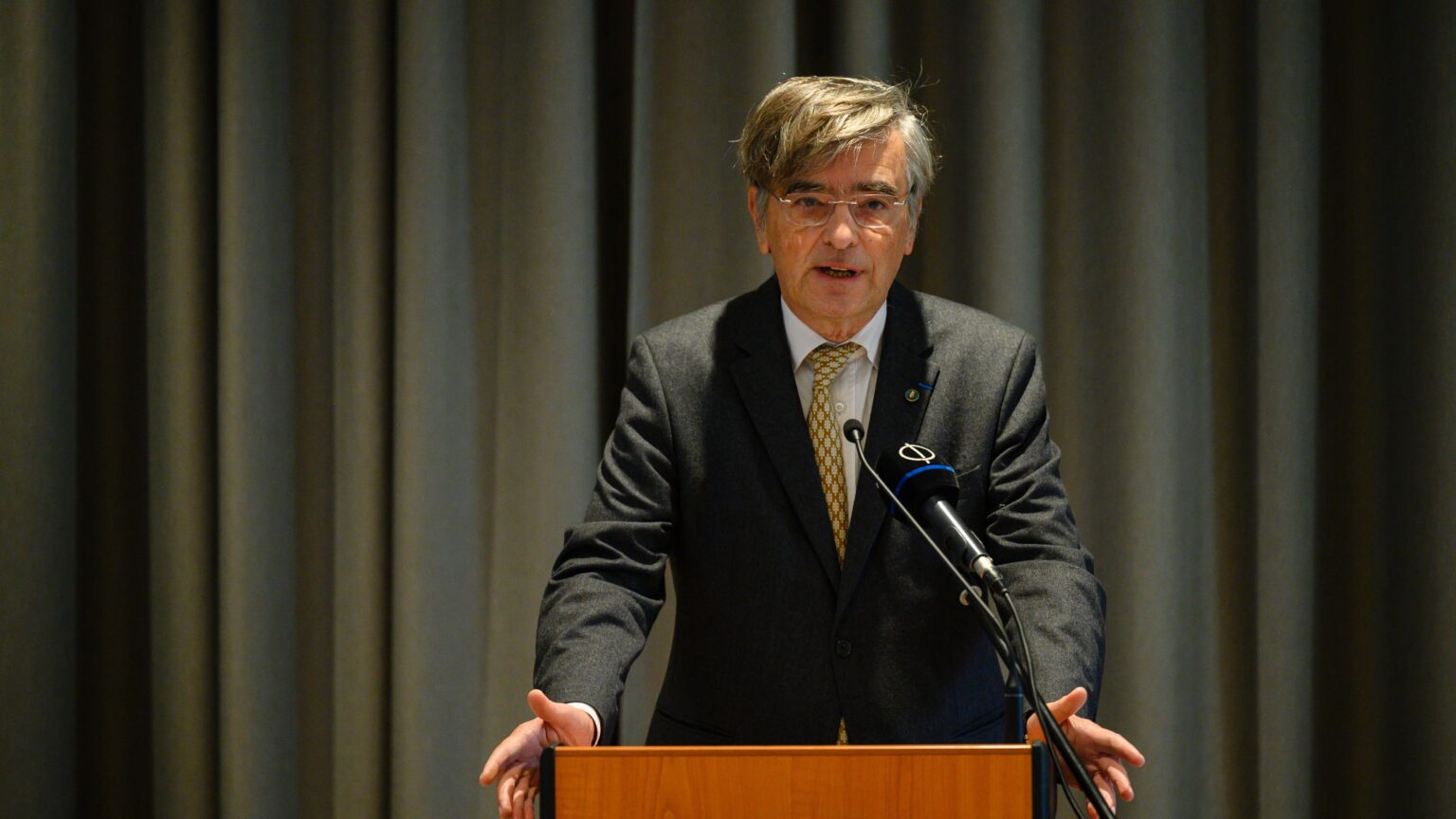
György Károlyi highlighted in an interview with French right-wing website Boulevard Voltaire the absurdity of the ECJ fine, adding that in his opinion, the leaders of the European Union ‘still do not understand that a country cannot be bought with money.’

In his interview on The Tucker Carlson Network with Darryl Cooper, Carlson shared his perception of three major right-wing political figures he has interviewed, Viktor Orbán, Donald Trump, and Vladimir Putin. He believes that as opposed to how the mainstream media likes to portray them, none of them are particularly radical, rather ‘sincere nationalists’ who ‘want to do the best for their countries’.

The need to regulate mobile phone use has become evident based on experiences from recent years, as excessive use has been shown to significantly hinder children’s academic performance and negatively impact their physical and mental well-being.

In the US Presidential election of 1876, the final vote count could not be decided in three states—Florida, Louisiana, and South Carolina—due to rampant voter fraud. A special ‘Electoral Commission’ rewarded all 19 electoral votes to Republican Rutherford B. Hayes, despite him losing the popular vote to Democrat Samuel Tilden. Hayes won the Electoral College by a single vote. In order to avoid a second civil war, Hayes ended reconstruction, the military occupation of the South by the North after the American Civil War.

‘If Hungary does not receive more oil from Russia, we will simply not survive; we will not be able to supply the country,’ Hungarian Minister of Foreign Affairs and Trade Péter Szijjártó emphasized in an interview with the Russian TV channel RBK. The minister stressed that currently, there is no alternative route capable of supplying Hungary with sufficient oil other than the pipeline that runs through Ukraine.
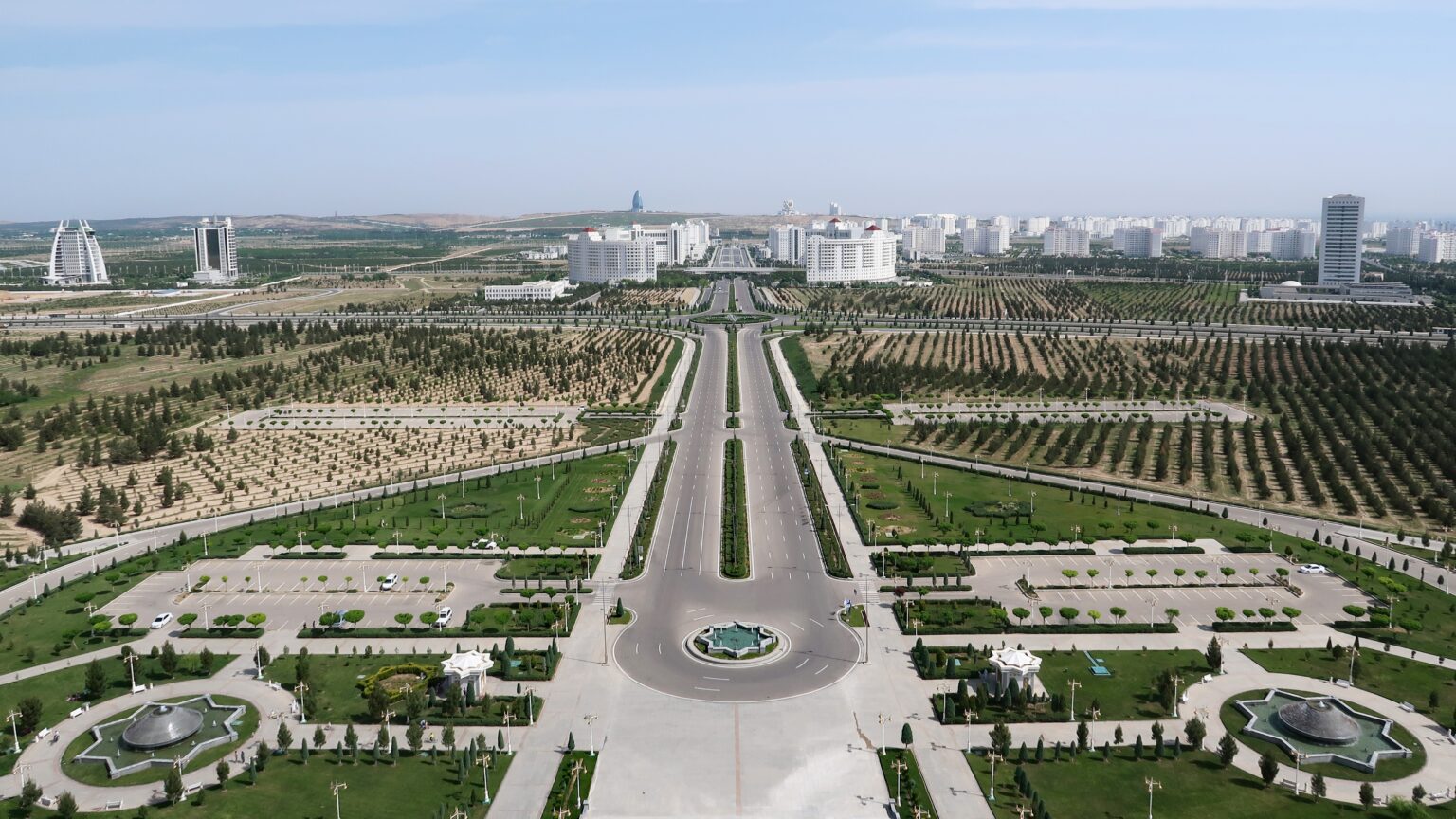
As Hungary holds the presidency of the Council of the EU, it can leverage its influence to set the EU’s agenda in favour of increased imports of Turkmen gas, presenting it as a strategic and cost-effective alternative to Russian energy dependence. This would not only support Hungary’s energy strategy but also align with the broader EU goals of securing diverse and reliable energy sources while enhancing its presence in the geopolitically significant Central Asian region.

The case of the Algerian boxer Imane Khelif was undoubtedly one of the biggest scandals of the summer, dominating headlines in major media outlets for weeks. Hungarian Conservative sat down with former Olympian Zsuzsa Csisztu to examine the controversial athlete’s rise and its impact on women’s sports from the perspective of a female athlete.
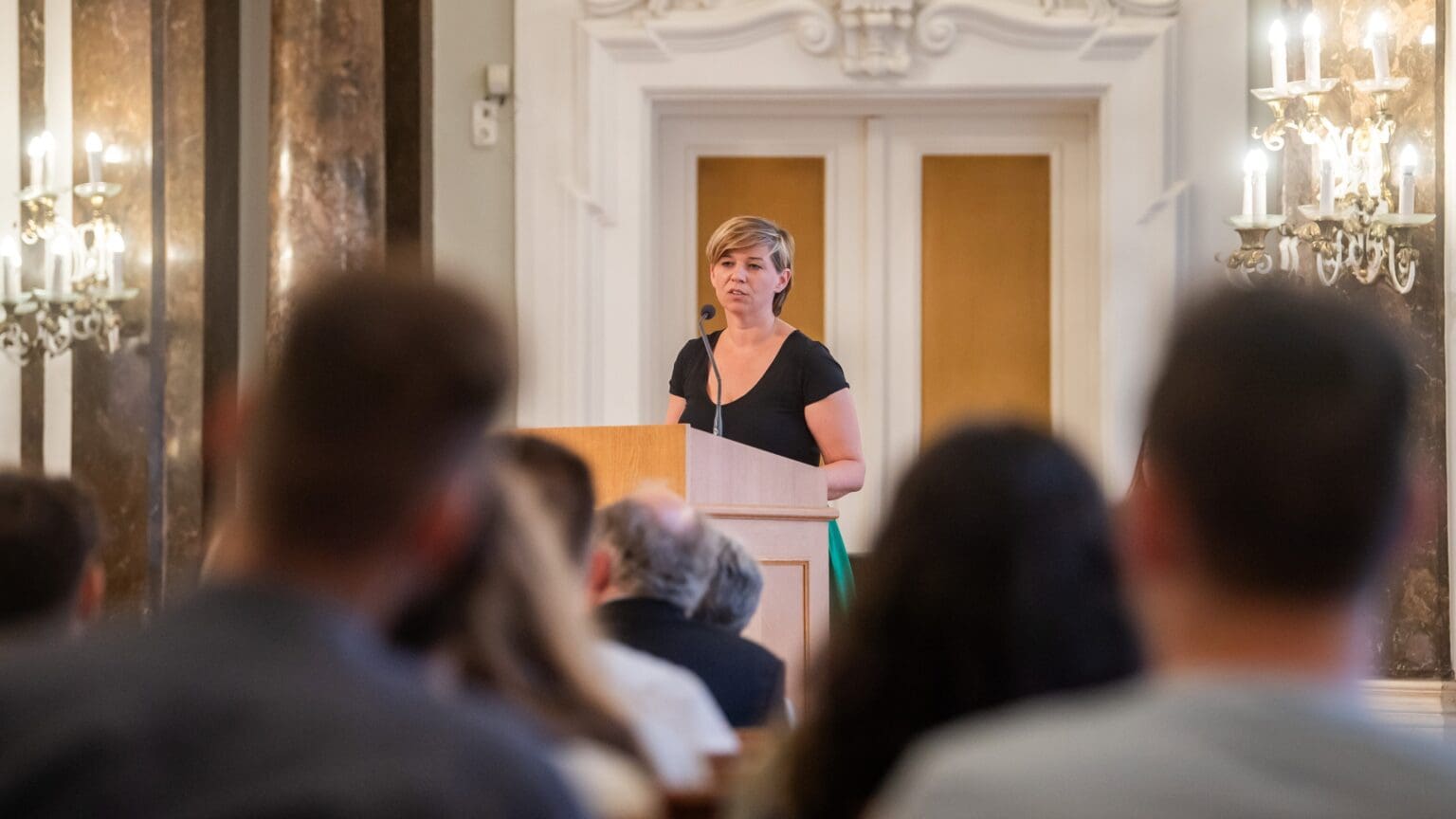
Speaking at the festive senate meeting marking the start of the academic year at the University of Pécs on the Day of Hungarian Higher Education, State Secretary Varga-Bajusz noted that higher education serves students, families, teachers, the Hungarian economy, and the Hungarian nation—essentially, it is ‘for us, our present, and our future.’
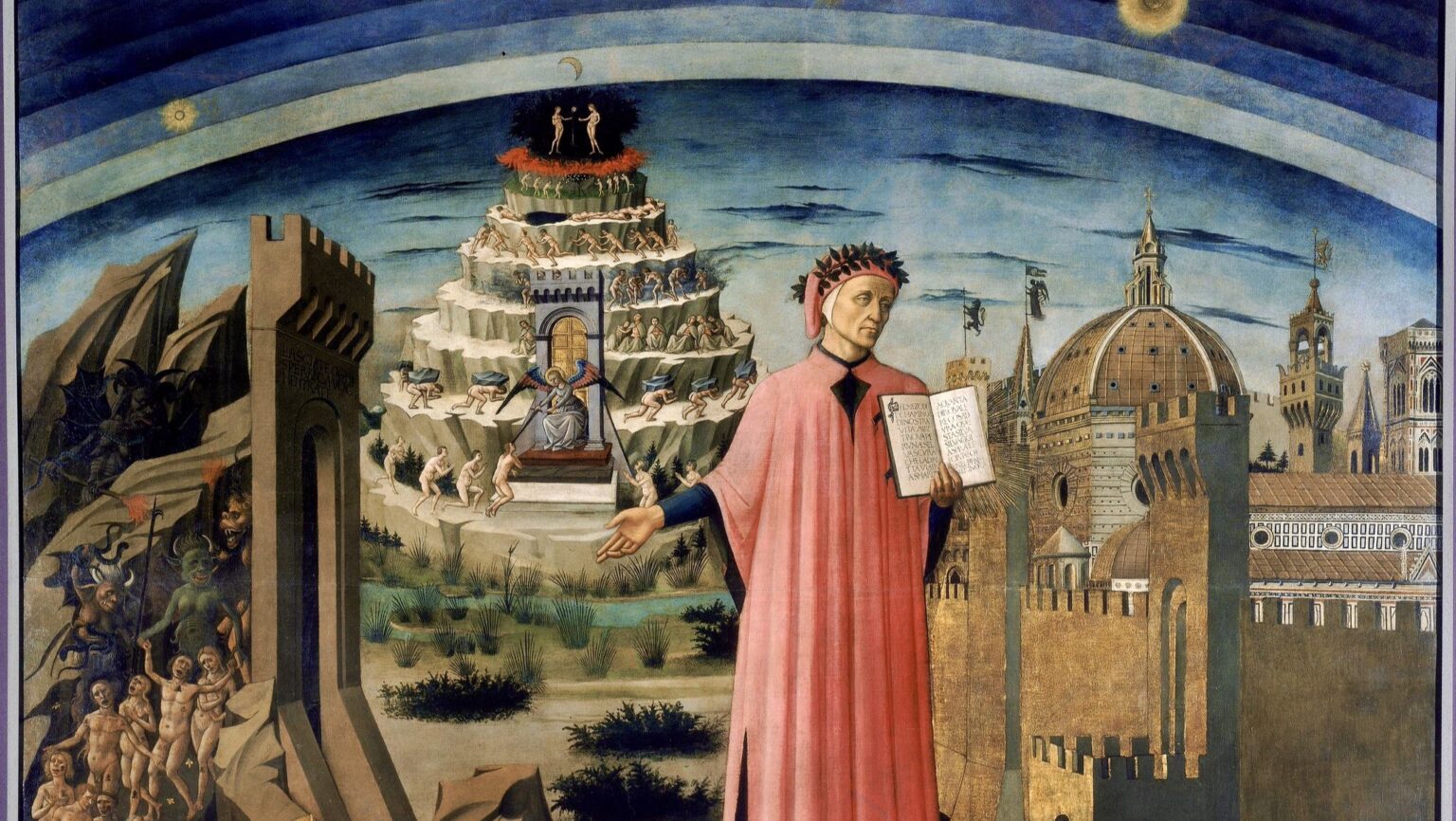
‘To discover this need to escape the darkness, one must first descend. One of the themes of Kontroll is descent, in both a literal and figurative sense. Another tale featuring this theme is La Divina Commedia (The Divine Comedy) by Italian writer and poet Dante Alighieri (1265–1321). In many ways, Kontroll is a re-telling of The Divine Comedy, with a message of redemption that can be applied to the individual, and to Hungary itself.’

Hungarian Conservative is a quarterly magazine on contemporary political, philosophical and cultural issues from a conservative perspective.